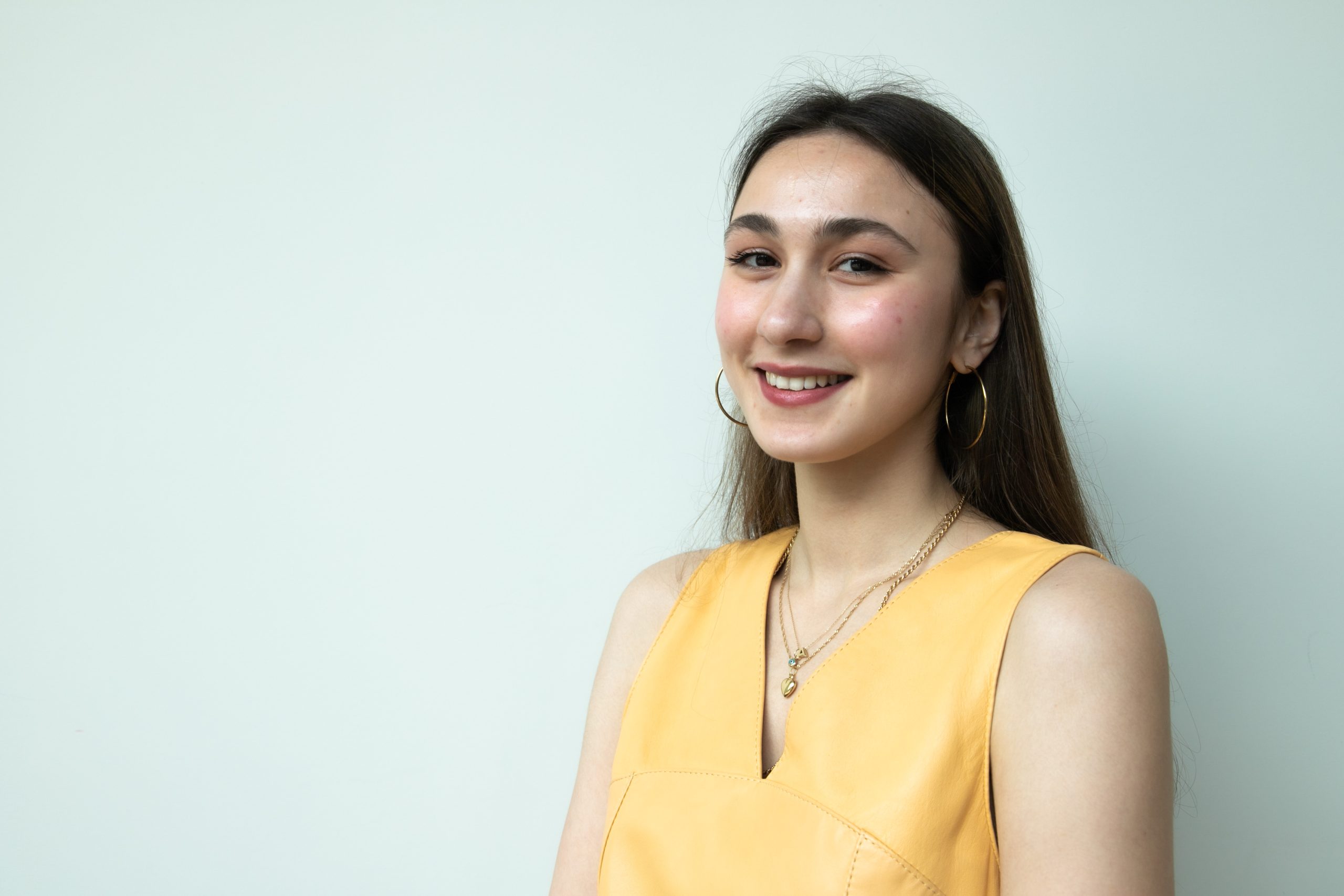As part of our Staff Profile series, we spoke to Aydan Askarova, Research Assistant in Dr Alexi Nott’s lab. Here, she tells us more about her research background and interests.
Introduce yourself – who are you and what do you do?
My name is Aydan Askarova and I am from Baku, Azerbaijan. I work as a computational research assistant in Dr Alexi Nott’s group at UK Dementia Research Institute. I have recently been awarded the President’s PhD scholarship and I am absolutely excited to be starting my studies this autumn under Dr Nott’s supervision.
Can you tell us about your career so far – when did you join the college, and where were you working/studying before this?
I joined Imperial for my MSc in Applied Genomics in 2021 where I carried out my 6 months-long research project in understanding the role of cell type-specific regulatory regions in Alzheimer’s disease in Dr Nott’s group. After completion of my master’s degree, I stayed as a research assistant to complete the project which we aim to publish this summer. Prior to joining the college, I had just completed my BSc in Biology at Queen Mary University of London.
Can you explain a bit more about your research interests and what you’re currently working on?
I am extremely interested in understanding ageing-related deterioration on an epigenomic level, particularly the changes a healthy brain undergoes during ageing and dementia. Therefore, my current research focuses on understanding cell type-specific risk of dementia development, particularly Alzheimer’s and Parkinson’s diseases, using epigenomics and chromatin architecture datasets. Ultimately, my goal is to be involved in research that acts upon ageing-related impairment and dementia.
What initially sparked your interest in your current field of research?
The suffering from physical and mental deterioration and losing a sense of self as a consequence of ageing and dementia has always struck me as profoundly unjust. While studying for my undergraduate degree I was introduced to scientific research. Particularly, through my neuroscience and epigenomics modules I realised that it is possible to understand and tackle these diseases. Therefore, entering this field of research was the most logical next step in my career.
What aspect of your role are you most excited about?
What excites me most about my PhD is the possibility of contributing to research that can lead to the identification of therapeutic targets for ageing-related deterioration and dementia. Also, the ability to collaborate with researchers from various disciplines across the world in working towards a single goal to me is very exciting.
When you are not working, what are your main passions and hobbies?
Art and fashion are my great passions. Seeing the world through someone’s imagination and creativity to me is extremely beautiful and inspiring.
And finally – if you were stranded on a desert island but allowed one luxury item, what would it be?
I would take a luxury boat so I can find my way back to Imperial College London to continue my research.
